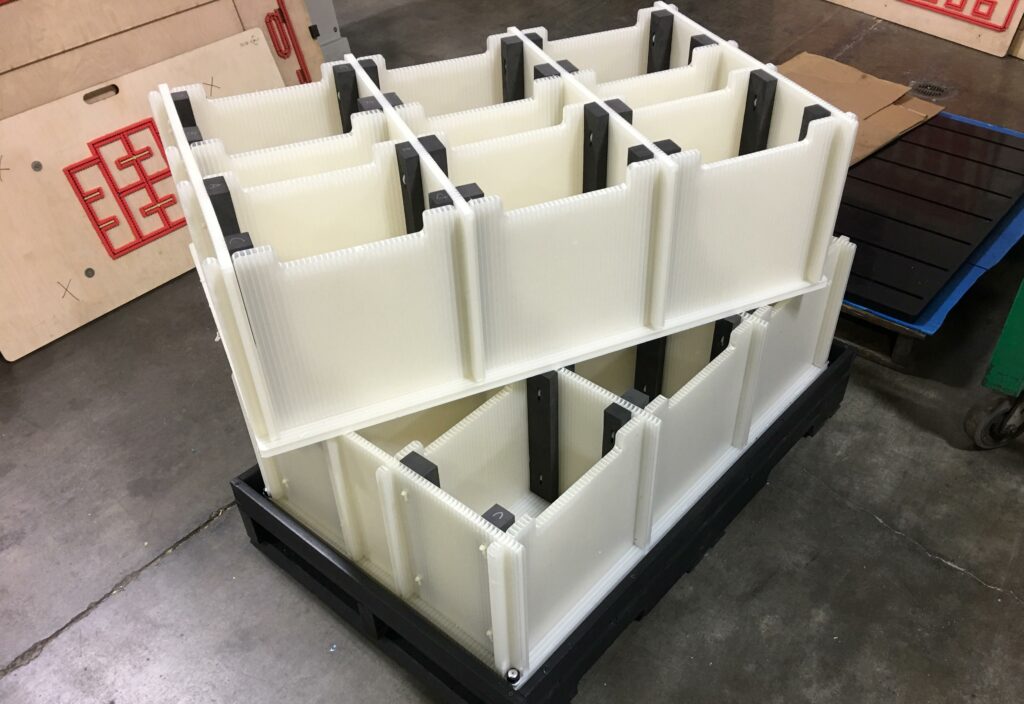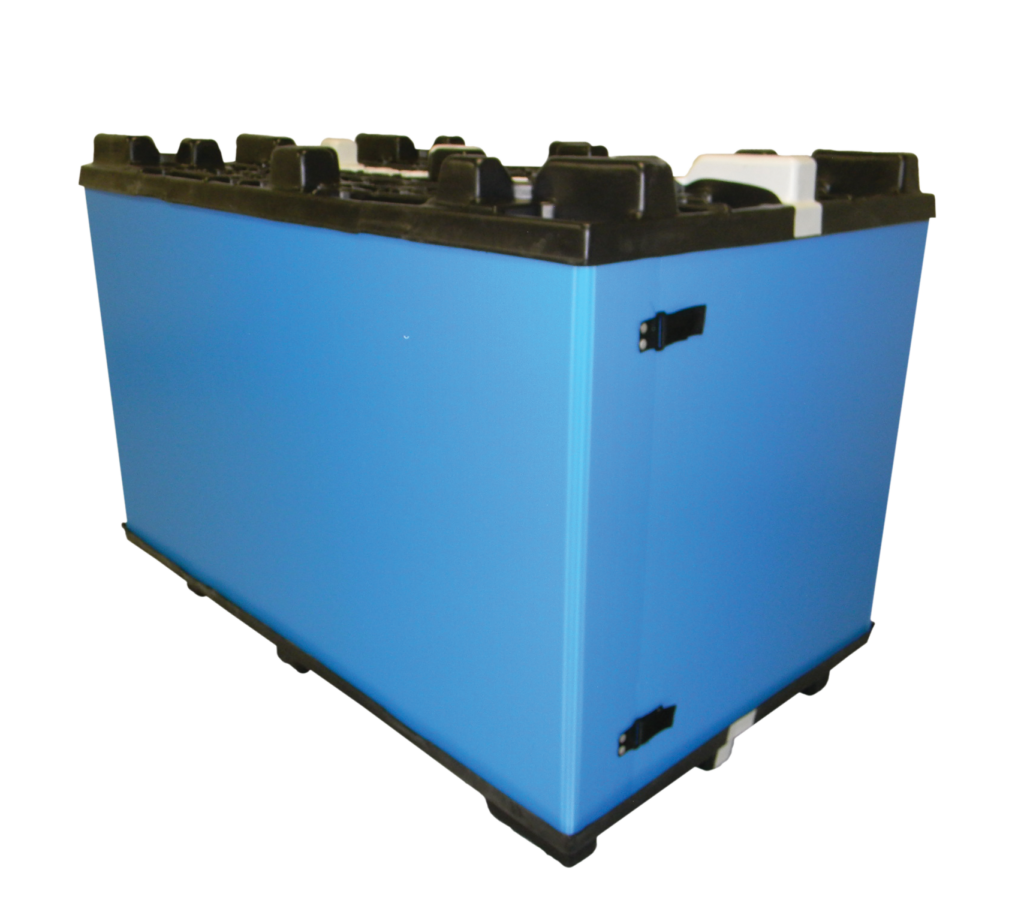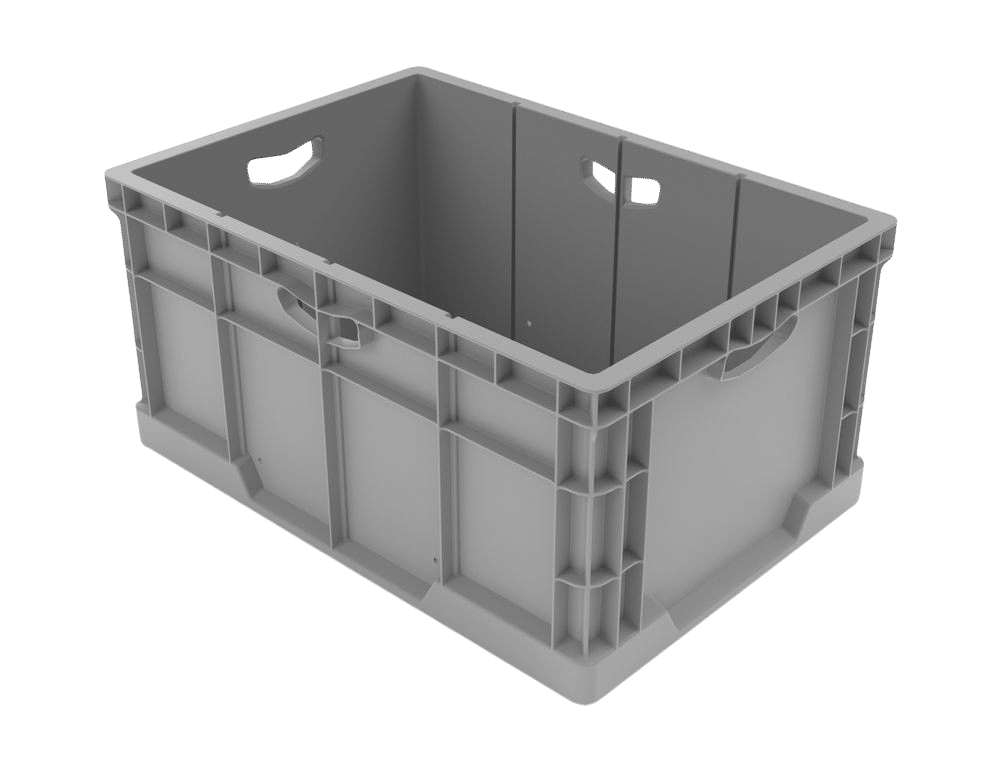
Custom Packaging is not necessary for shipping all products.
You don’t always have to reinvent the wheel.
Non-custom packaging buyers are typically mail order and “.com” companies who provide a wide variety of products and ship products via mail and package services.
Usually a standard corrugated carton “stock box”, with either paper wadding, flexible foam sheet, plastic peanuts, air bags, or other internal filler and cushioning materials are sufficient for most of the “pick orders” online companies ship.
However, highly fragile items such as electronic devices, hand tools and other high-value items are typically by the manufacturer in product-specific containers with custom interiors.
Who Requires Custom Packaging?
Custom packaging is primarily required by original equipment manufacturer’s to insure their product arrives to their customer with no damage, and is often sent directly to an assembly or finishing line.
To be clear, custom packaging doesn’t necessarily mean “more protection for a product”. In most cases custom packaging helps to create uniformity and a standard for shipping among production and manufacturing companies.
Benefits of Custom Packaging
Besides protecting a product during the distribution cycle, line presentation is a major consideration when designing a custom pack. For example, a container with a 60 x 48 foot print won’t work for a work station set up to accept a footprint of 48 x 40, which is why orientation of the parts in the container (for ease of packing and unpacking) is another consideration of line presentation.
Cost of Custom vs. Off-the-Shelf Packaging
Custom packaging typically “costs” more than off-the-shelf packs – at least in terms of initial cash outlay.
But the initial cost of a custom container is eventually offset by reductions in damage, labor, replacements, storage, and more efficient handling.
Is Custom Packaging Your Solution?
All industry segments use custom packaging at one time or another, but it’s important to know the needs of a client before we recommend a custom packaging solution.
So, before you start vetting out packaging manufacturers and gathering quotes for custom packs, ask yourself three questions:
- Does the product being shipped require a custom packaging solution?
- At any point, will the product be unpacked on a production line or used in some other type of production process?
- Will the added protection of custom packaging be worth the cost of engineering a custom solution?
If you answered no to all of these questions, then there is good chance custom packaging is not required for your product.
And while we admittedly design and manufacture custom packaging, you mostly likely require a standard dunnage solution, which will provide the necessary protection to your product without the extra cost of a custom design.



